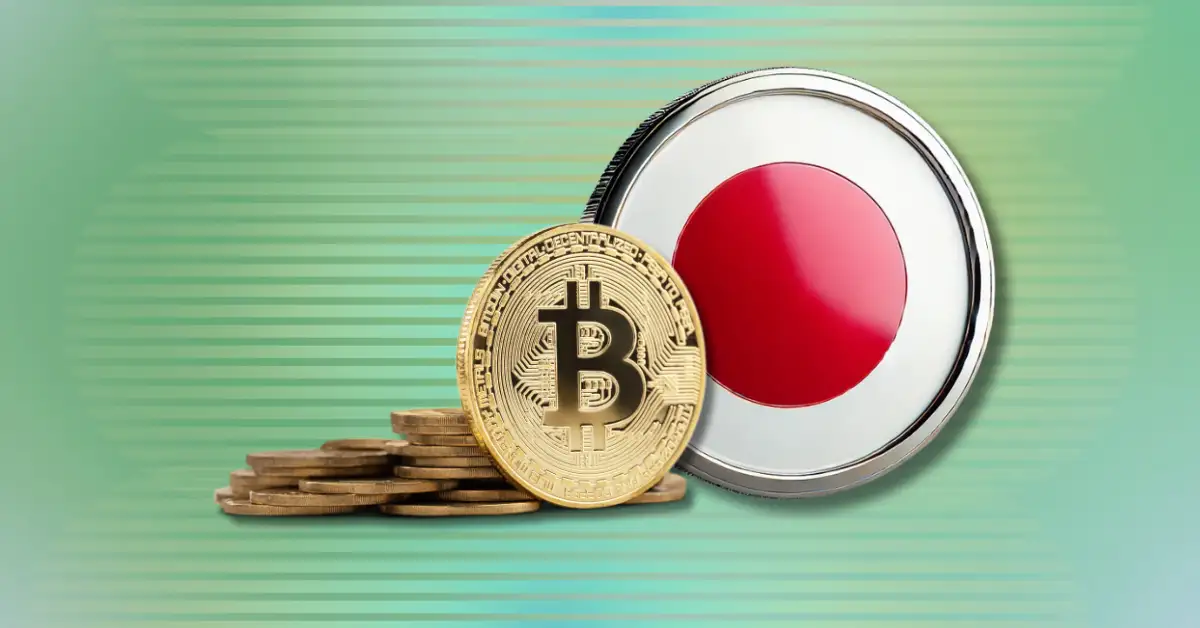
Bitcoin’s huge rise toward $100,000 has reignited excitement in the cryptocurrency market, turning heads worldwide. Around the globe, governments are exploring how Bitcoin might fit into their economic strategies. But what about Japan?
In a world where innovation often demands bold decisions, Japan’s cautious stance on Bitcoin reserves raises compelling questions. Could this be a missed opportunity? Let’s understand this in detail.
The Japanese government recently addressed a proposal by Senator Hamada Satoshi, who suggested that Japan consider holding Bitcoin in its foreign reserves. Hamada pointed to other countries, including the U.S., that are reportedly exploring similar strategies. He argued that Bitcoin could strengthen Japan’s economy and act as a financial safety net.
However, Japanese officials clarified that they lack detailed knowledge of such developments in other nations. They emphasized that discussions about Bitcoin reserves are still at an early stage. Japan’s legal framework for managing foreign reserves prioritizes safety and stability—qualities that Bitcoin’s volatility does not align with. As a result, the government does not see Bitcoin fitting into its current system.
While Japan remains hesitant, other nations are pushing forward. In the U.S., Federal Reserve Chairman Jerome Powell has stated that the Federal Reserve cannot hold Bitcoin. Yet, political leaders, including President-elect Donald Trump and key lawmakers, are advocating for Bitcoin reserves as part of the country’s economic strategy.
In Europe, MEP Sara Knafo has called for the EU to adopt Bitcoin reserves instead of relying on a centralized digital euro. She emphasized Bitcoin’s decentralized nature as a defense against potential misuse of centralized financial systems.
Japan’s cautious approach contrasts sharply with the bold strategies of other nations. While the U.S. and Europe see Bitcoin as a tool for innovation and economic security, Japan risks being left behind. Senator Hamada’s vision of Japan leading in Bitcoin adoption faces resistance from a government focused on minimizing financial risks.
Critics of Bitcoin reserves warn of significant risks. Despite its historical price growth, Bitcoin’s volatility could trigger economic instability during sudden crashes. Such risks make a cautious evaluation essential when considering high-risk assets like Bitcoin.
The cryptocurrency revolution waits for no one—will Japan choose to lead or follow?
Crypto markets experienced sharp ups and downs on Wednesday and Thursday ahead of President Trump’s…
Since launching in 2021, Zoomex has quickly made a name for itself as a crypto…
The crypto markets were heavily consolidating ahead of Trump’s Liberation Day, where new tariffs were…
In a major development for the crypto market, Coinbase Derivatives has filed with the Commodity…
Nomy Finance has announced that its venture division has surpassed $691 million in assets under…
Story Highlights The XRP Price LIVE: . The price could hit a high of $3.99…